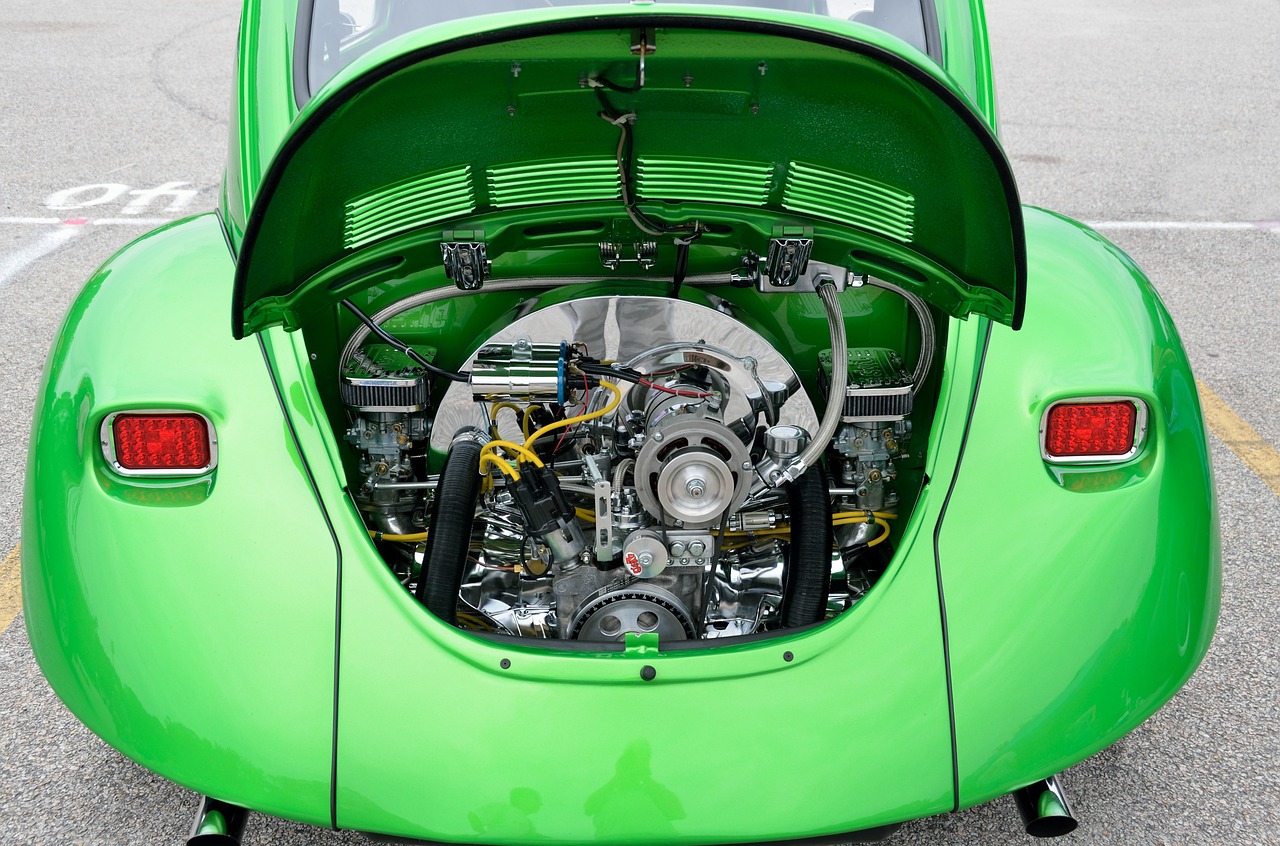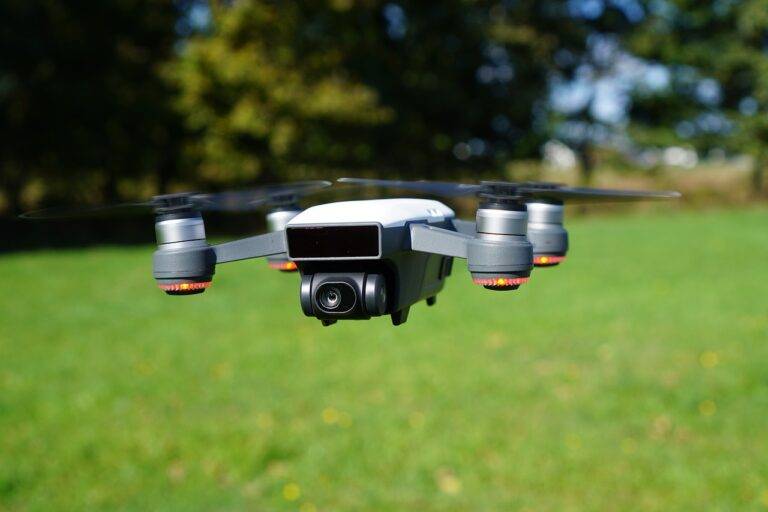The Evolution of Smart Parking Solutions
In the ever-evolving world of technology, smart parking solutions have made significant strides over the years. The concept of using technology to streamline parking processes and alleviate common parking issues dates back to the early 20th century. However, it was not until the proliferation of the internet and mobile devices in the late 20th century that smart parking solutions truly began to take off.
One of the earliest forms of smart parking solutions involved the implementation of automated parking meters in urban areas. These meters allowed for easier payment options and helped reduce the need for physical coins. As technology continued to advance, the integration of sensors, data analytics, and mobile apps revolutionized the way drivers find and access parking spaces.
The Rise of IoT in Parking Management
As technology continues to revolutionize various aspects of daily life, the realm of parking management has not been left untouched. The rise of the Internet of Things (IoT) has brought about significant changes in how parking spaces are monitored, utilized, and optimized. By integrating IoT devices and sensors into parking lots and garages, parking management systems can gather real-time data on space availability, traffic flow, and even vehicle types, enabling more efficient use of limited parking resources.
IoT in parking management offers benefits not only to users seeking convenient parking solutions but also to operators and city planners looking to improve overall traffic and parking conditions. With the help of IoT-enabled smart parking solutions, drivers can easily locate vacant spots through mobile apps or electronic signage, reducing unnecessary circling around congested areas. Moreover, the data collected from IoT sensors can be analyzed to identify patterns and trends, aiding in the development of smarter parking policies and infrastructure upgrades for enhanced urban mobility.
Advancements in Sensor Technology for Parking
Sensor technology has seen significant advancements in the realm of parking management. These sensors are specifically designed to detect the presence of vehicles in parking spots. By utilizing various sensing technologies such as ultrasonic, infrared, and magnetic sensors, parking operators can efficiently monitor occupancy levels and optimize parking space utilization.
Moreover, the introduction of smart parking solutions has further revolutionized the field of parking management. These sensors are integrated with IoT technology to provide real-time data on parking availability to drivers. This not only helps in reducing traffic congestion and emissions but also enhances the overall parking experience for both operators and users alike.
What is smart parking technology?
Smart parking technology uses sensors and data analytics to optimize parking lot usage and improve the overall parking experience for drivers.
How does IoT play a role in parking management?
IoT (Internet of Things) enables the connection of various devices and sensors in a parking lot to gather real-time data on parking availability, occupancy, and traffic flow.
What are some advancements in sensor technology for parking?
Some advancements in sensor technology for parking include ultrasonic sensors, electromagnetic sensors, and camera-based sensors that can accurately detect vehicle presence and occupancy in parking spaces.
How do these sensor technologies benefit parking management?
These sensor technologies help parking operators monitor parking space availability in real time, reduce traffic congestion, improve efficiency in parking lot operations, and enhance the overall customer experience.
Are there any challenges associated with implementing sensor technology in parking?
Some challenges include the initial cost of installation, maintenance of sensors, and ensuring data privacy and security of the information collected by these sensors.





